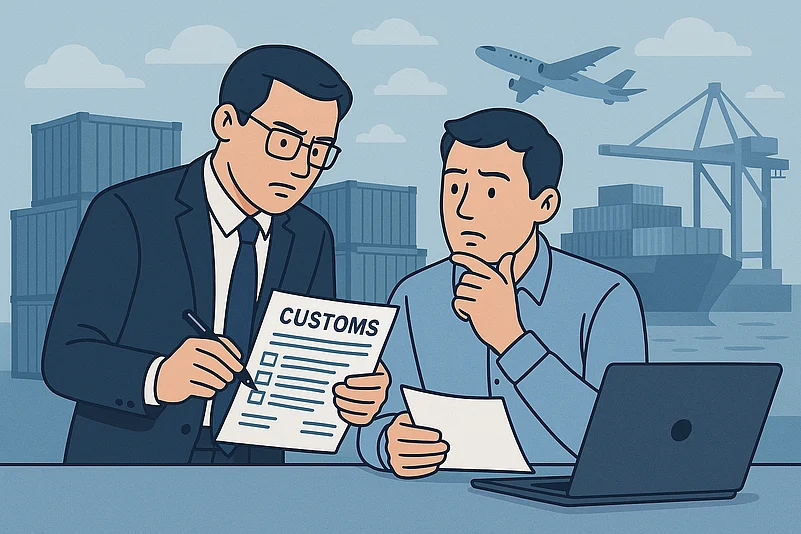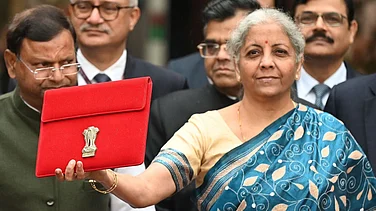
Summary of this article
CBIC launches new rule allowing voluntary correction of customs entries post-clearance.
The Customs (Voluntary Revision of Entries Post Clearance) Regulations, 2025, take effect on November 1.
Importers/exporters can amend bills of entry or shipping documents without penalties.
The move aims to encourage accuracy, reduce disputes, and promote trust-based compliance.
Importers and exporters who realize they’ve made a mistake in their customs paperwork will soon have a way to fix it—without waiting for an audit or facing penalties. The Central Board of Indirect Taxes and Customs (CBIC) has brought in a facility that allows voluntary correction of declarations even after goods have been cleared, according to a recent report by the Financial Express.
The initiative, officially titled the Customs (Voluntary Revision of Entries Post Clearance) Regulations, 2025, takes effect on November 1. It opens a window for businesses to go back and amend entries in their bills of entry or shipping documents, a change that traders have long been requesting.
A Move From Penalties To Participation
Until now, even small clerical mistakes—like a wrong code or a misplaced figure—could lead to long exchanges with customs officials or, worse, the threat of penalties. The new framework changes that equation. It recognizes that not every error is an act of evasion, and it gives legitimate businesses a route to set the record straight on their own initiative.
Under the new rules, applications can be made online at the same port where the duty was paid. They must carry a digital signature and will be reviewed by customs officers, who can ask for supporting documents if required. Once approved, the corrected entry replaces the earlier one in official records.
Officers still have the right to reassess a case if something seems inconsistent, but the overall spirit is facilitative. The focus is on encouraging accuracy rather than policing every misstep. For India’s trade community, this signals a gentler, more pragmatic face of customs administration.
What It Means For Importers And Exporters
For companies, the new process means relief from procedural dead ends. Many businesses have welcomed this as a practical reform that they feel will reduce the pileup of disputes and show cause notices.
According to experts, traders should use this period to fine-tune their documentation practices. They should also maintain clean digital records and ensure internal reviews. Doing this before submission will enable the filing of quicker revisions when needed.
The change reflects a broader shift in India’s regulatory culture—from suspicion to collaboration. By introducing a channel for voluntary correction, CBIC is signalling that compliance can be built through trust as much as through enforcement.
For those involved in cross-border trade, this is more than a procedural tweak. It’s a quiet recognition that the system can work better when businesses are treated as partners, not suspects. And that, traders say, is a welcome change in tone.













